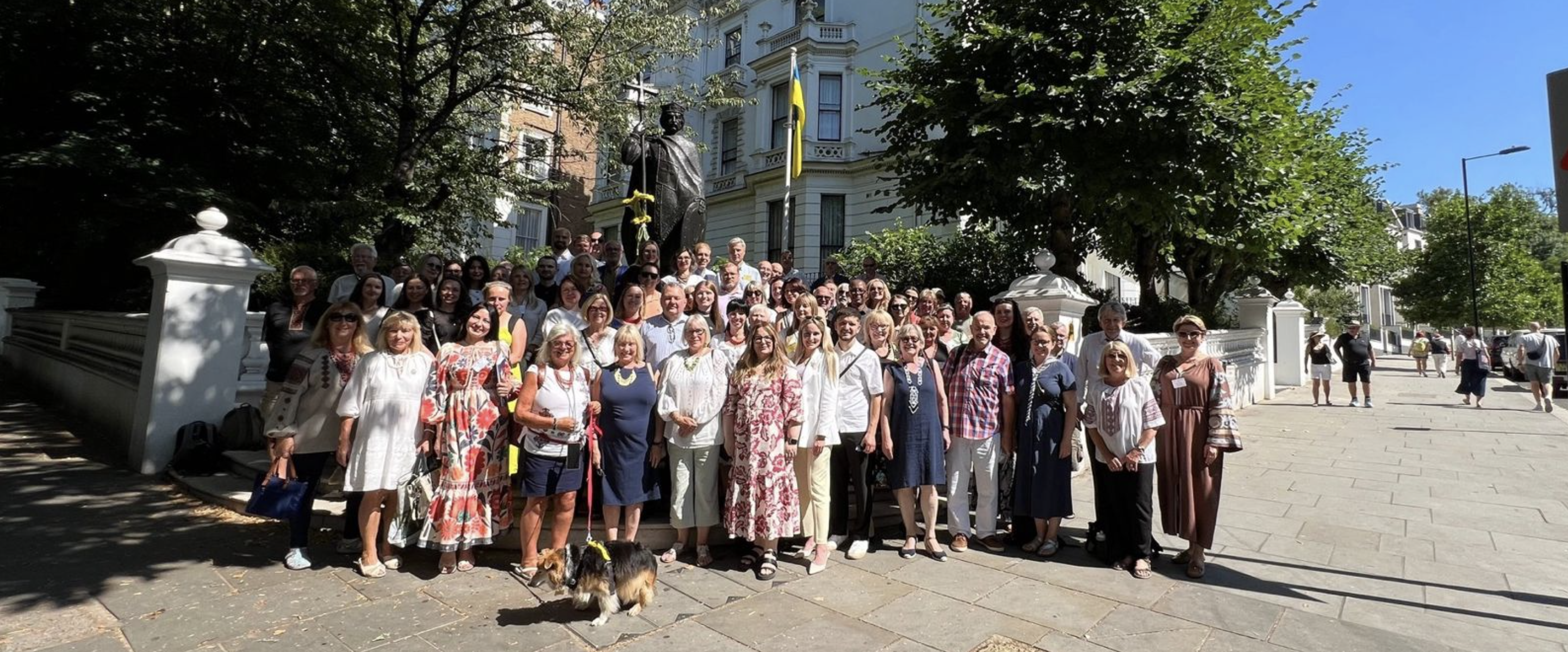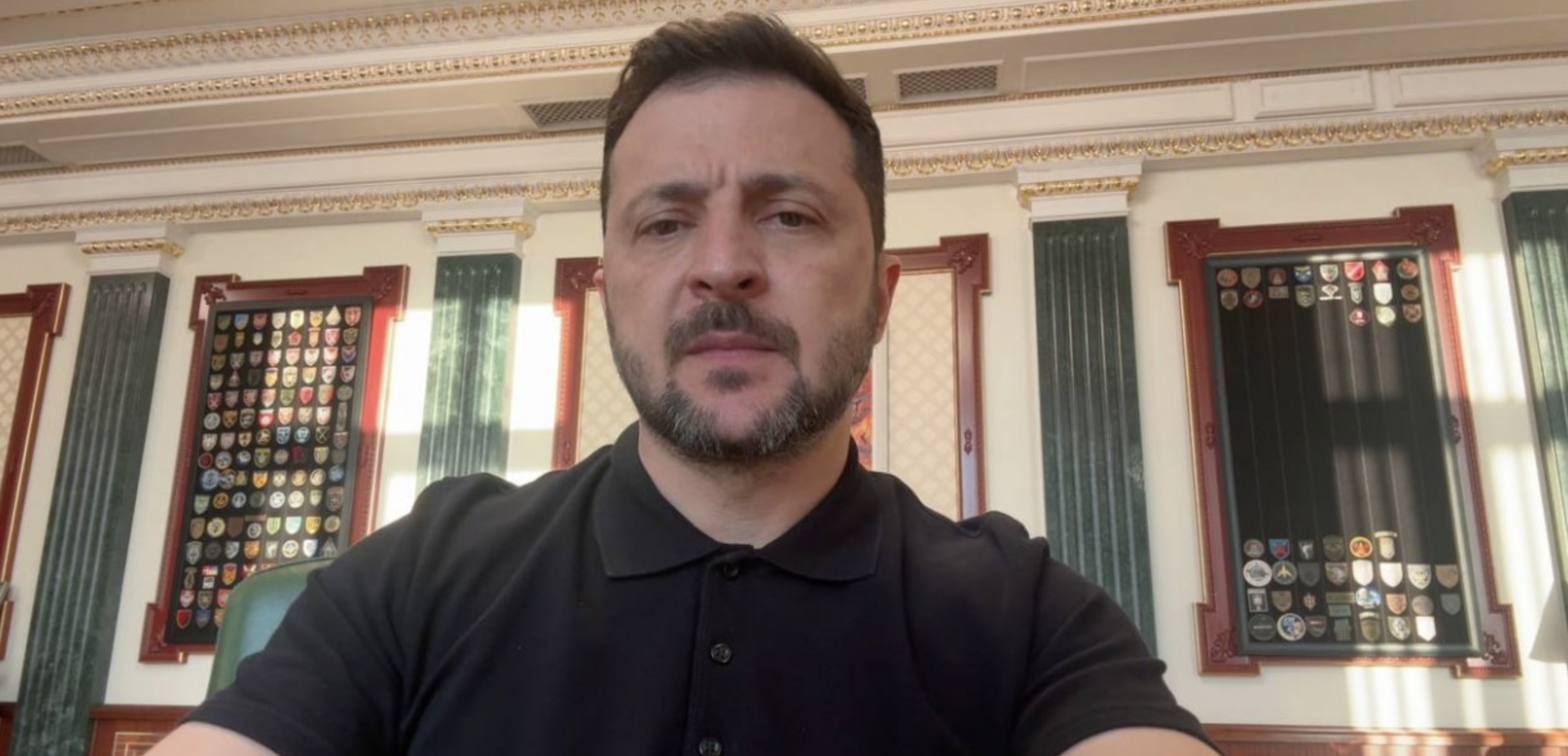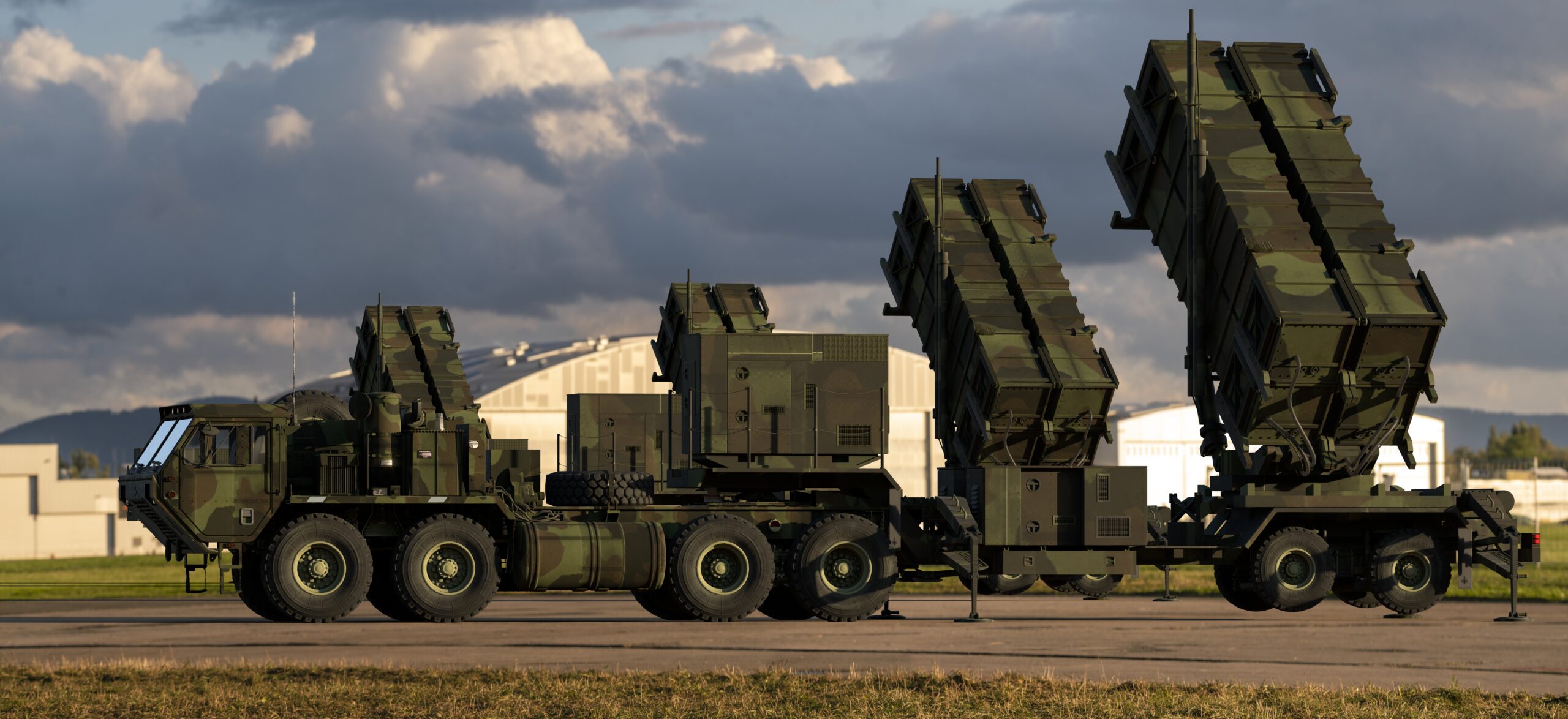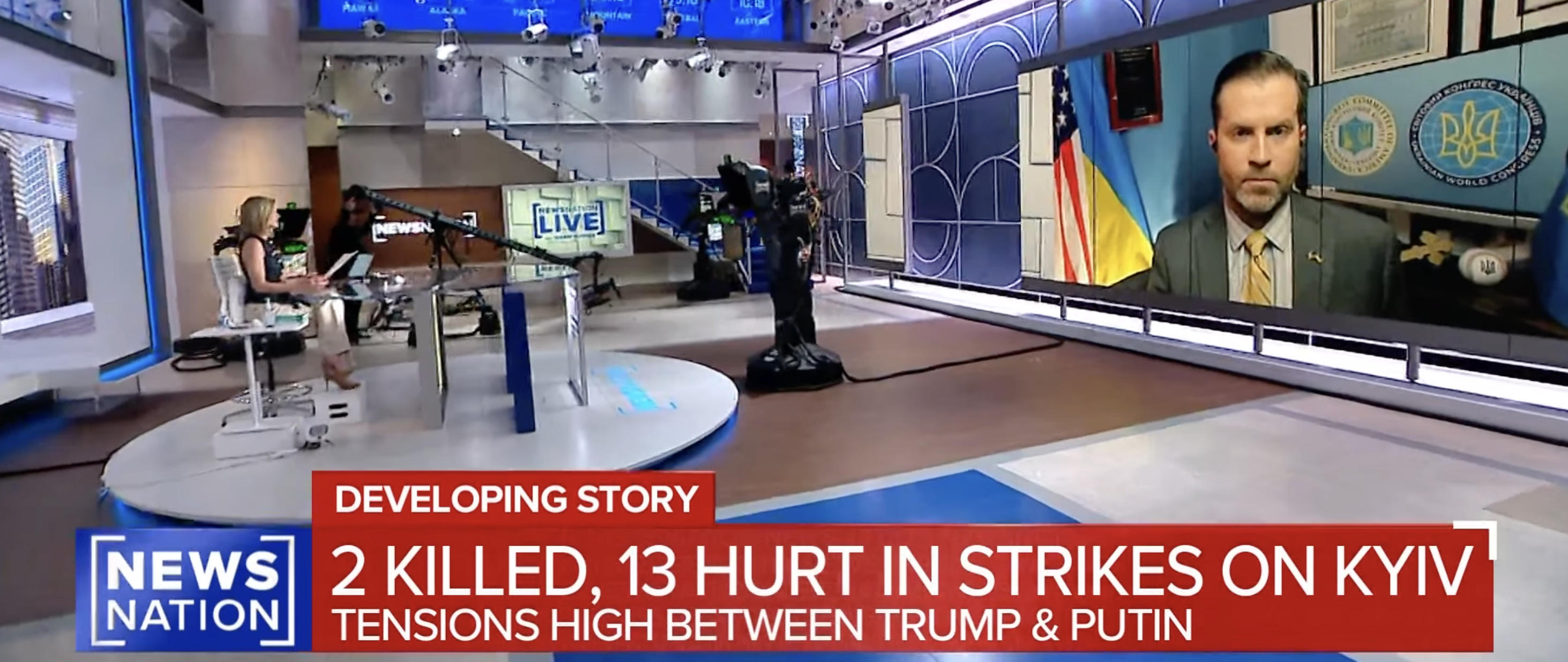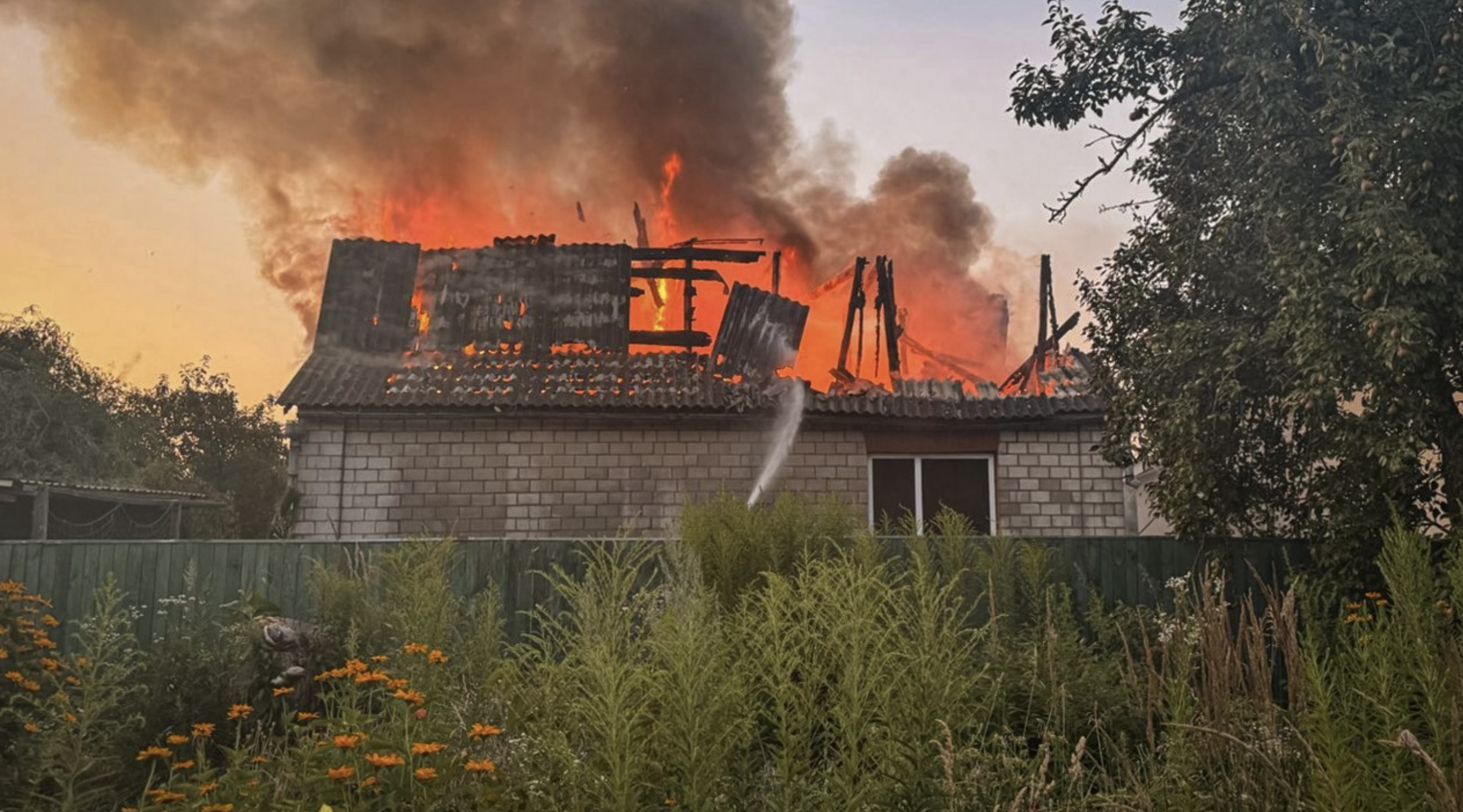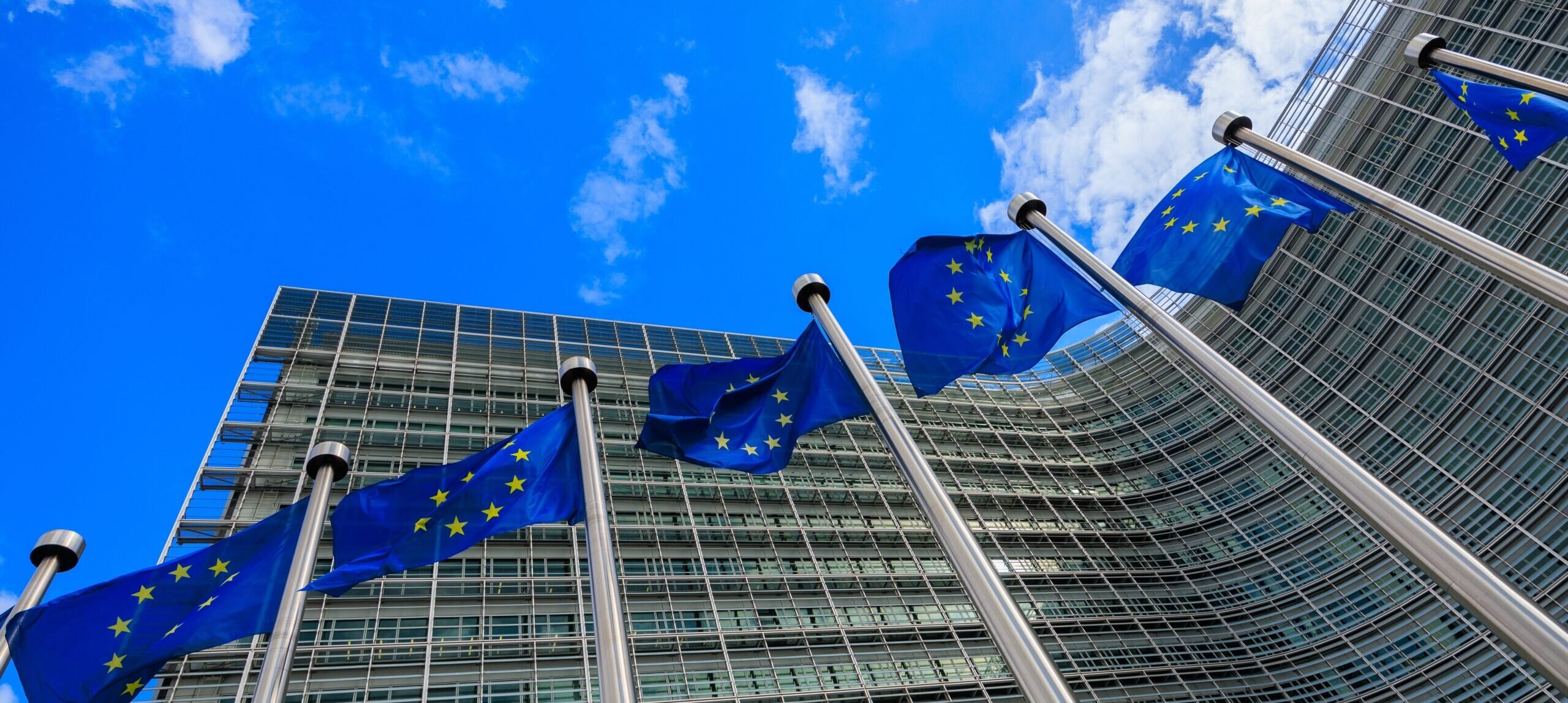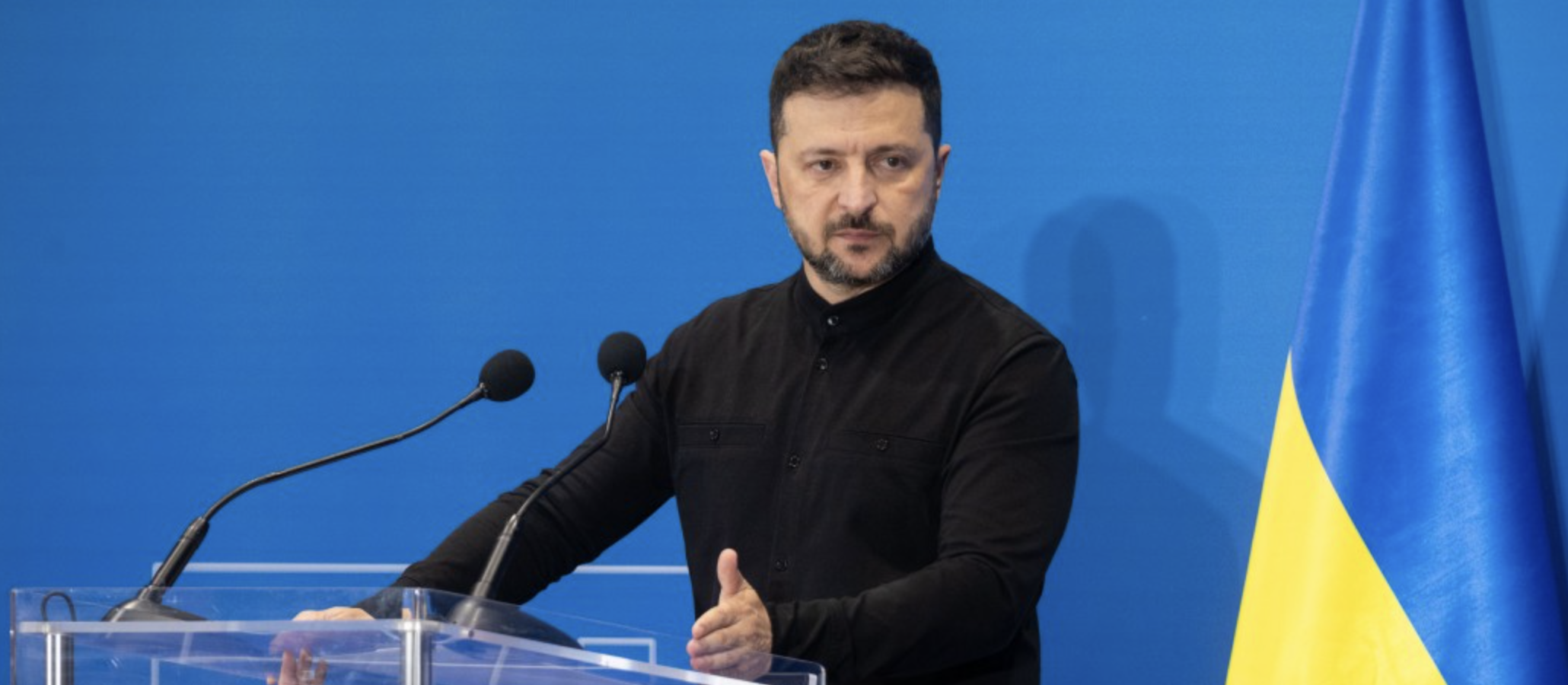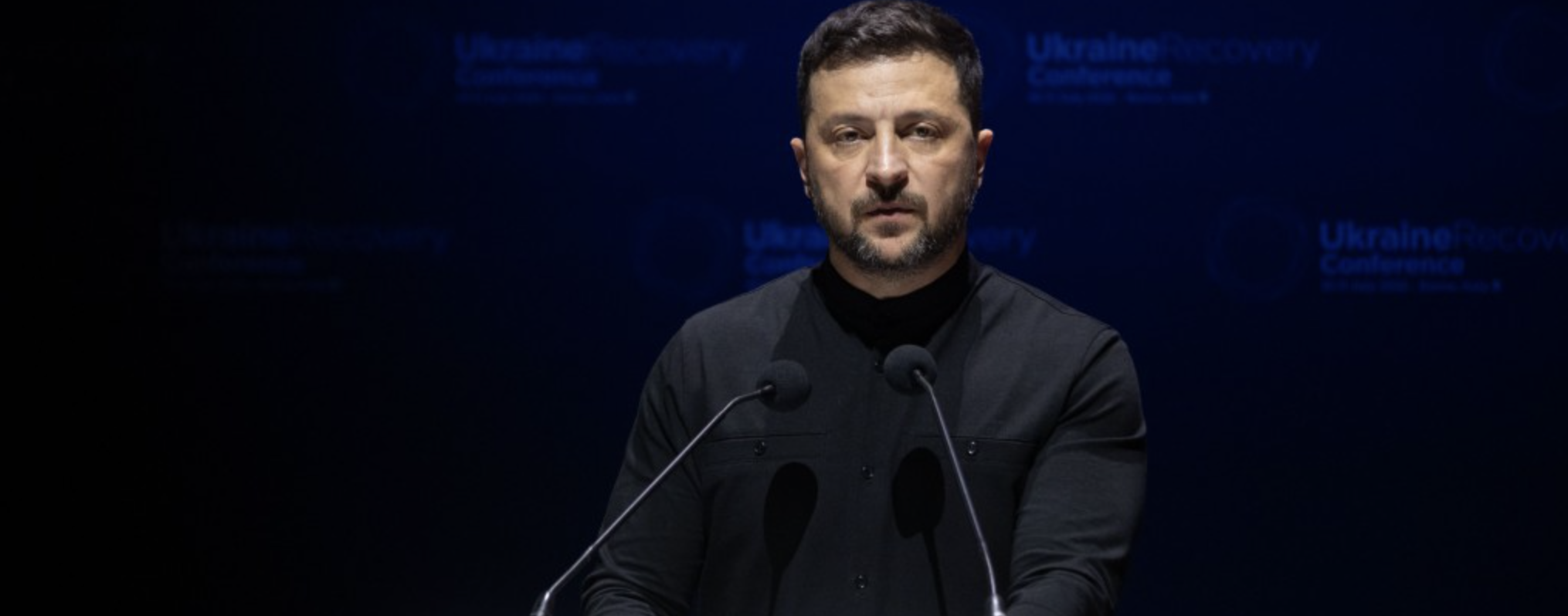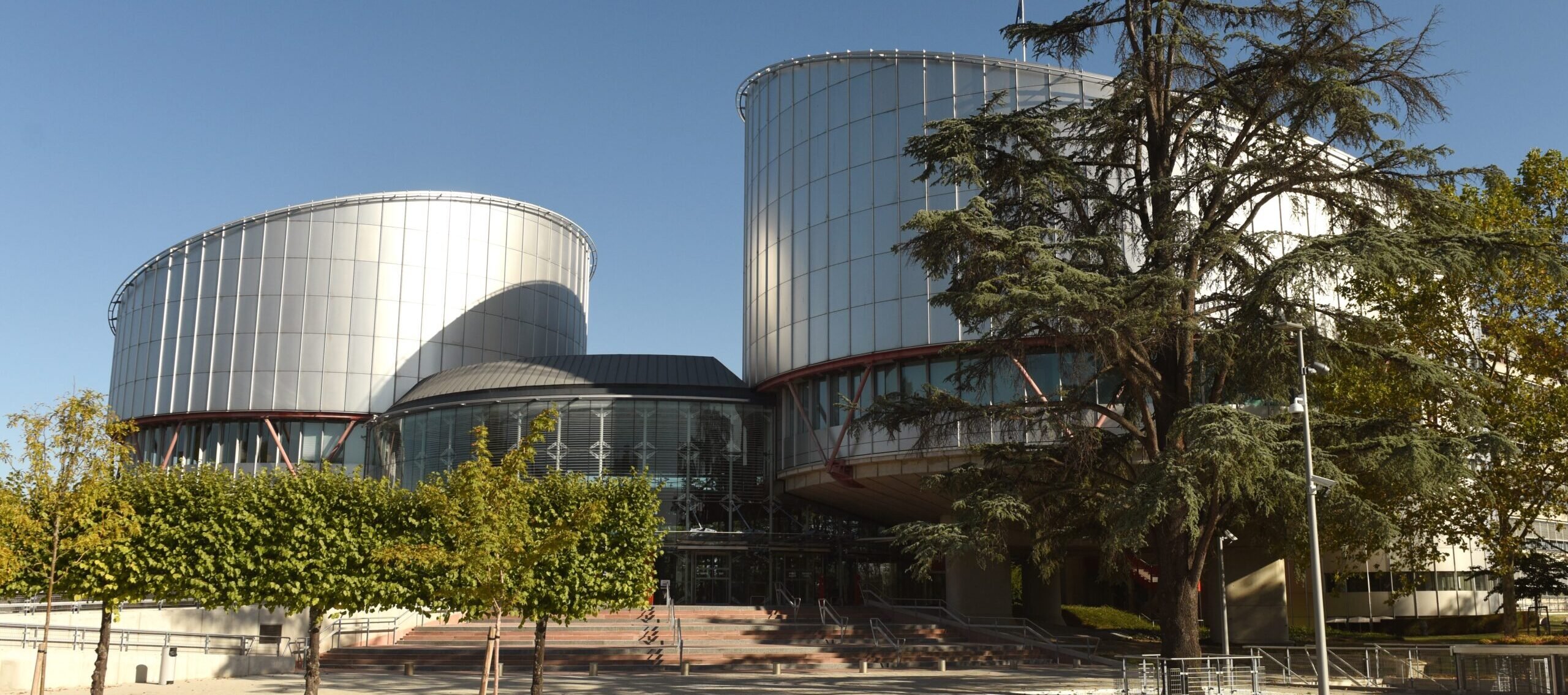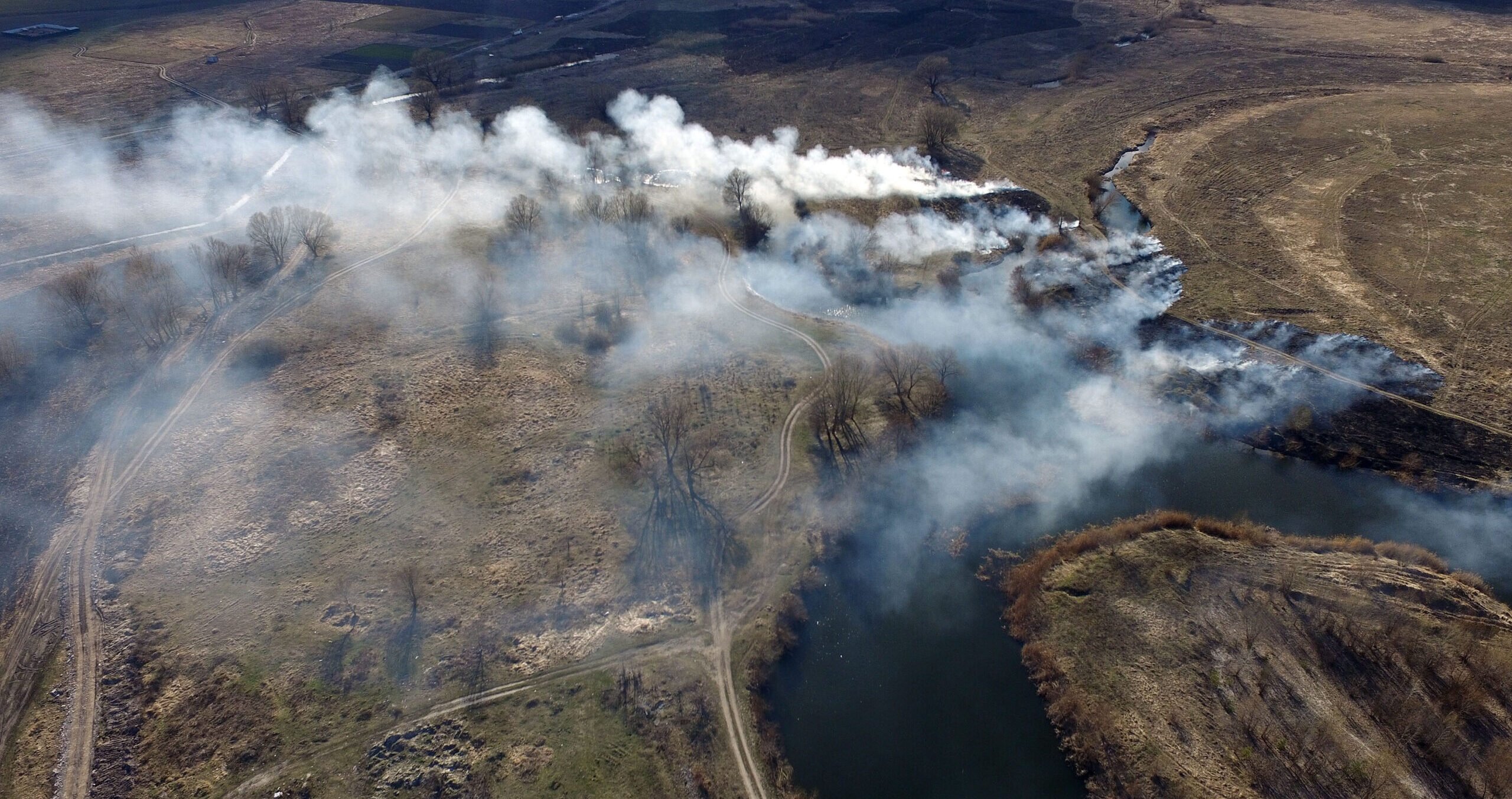

On 23 April 2016 in Kyiv, Ukraine, the Chair of the Ukrainian World Congress (UWC) International Educational Coordinating Council (IECC), Oksana A. Wynnyckyj-Yusypovych, met with the newly appointed Minister of Education and Science of Ukraine, Liliia Hrynevych, to discuss areas of possible cooperation between the Ministry and the IECC within the framework set out in the Memorandum on Cooperation between the Ukrainian World Congress and the Cabinet of Ministers of Ukraine.
The IECC Chair congratulated the newly appointed Minister, expressed appreciation for her high profile work as Chair of the Ukraine Parliamentary Committee on Science and Education, and conveyed confidence in the spread of Ukrainian language education worldwide.
The IECC Chair emphasized that, for the most part, children of Ukrainian heritage born outside Ukraine see their personal future beyond the borders of Ukraine in the countries of their birth. Therefore, for these children it is extremely important that the skills in Ukrainian language and knowledge of Ukrainian history and culture which they gained in the educational institutions of the diaspora, be duly documented in the education reports issued by the Ministries of Education of the countries in which they studied.
Oksana A. Wynnyckyj-Yusypovych informed the Minister about the project “Whosoever and Whereabouts Are We?”, the goal of which is to update the database of pre-schools; Saturday, evening and full-day schools; learning groups and Ukrainian language educational centres in the diaspora. The Minister expressed interest in the project and informed of her intent to attend the presentation of the interim results during the National Canadian Teachers’ Conference on 13-16 May 2016 in Toronto, Canada.
In addition, the IECC Chair informed the Minister about the Canadian system of distance education, which enables Canadian citizens to complete their high school education regardless of where they reside. The IECC Chair conveyed her belief that such a model could form the basis for the future development of distance education within the educational system of Ukraine.
Separately, Oksana A. Wynnyckyj Yusypovych expressed concern over the actions of certain officials and representatives of Ukraine who are interfering in the Ukrainian language educational process outside Ukraine.
“The strategic vision of the International Educational Coordinating Council is for Ukrainian schools beyond the borders of Ukraine to operate within the framework of laws and educational standards of the countries in which they have been founded,” stated IECC Chair Oksana A. Wynnyckyj-Yusypovych. “We want children of labour migrants, those who have left Ukraine and are temporarily residing in the European Union (EU), to have the opportunity to benefit from EU safeguards with respect to their education, and children of Ukrainian descent who are citizens of the countries in which they reside and planning their future in these countries, to maintain close ties with Ukraine.”
